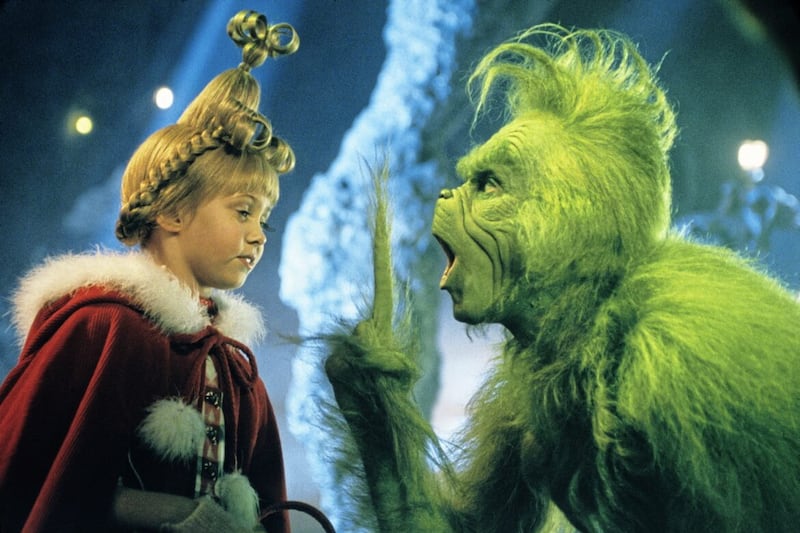Some of us have been operating a “shut door” policy during the pandemic.
Now, as we prepare to open up … slowly, slowly, the muddy water stain from the burst pipe stares accusingly from the kitchen ceiling.
It is roughly the shape of Asia but we haven’t wanted to go there, and as we have had few guests - except the emergency plumber - it has faded to blend in with the general decrepitude that is our Fawlty Towers home.
Now that the end seems nigh, I’m on a massive clear out as usual.
The beauty of living on Zoom is how you can fake a background far from your stinky mop and ironing.
You may be living in a dumping ground but who knows?
You may be dressed in a pristine white shirt on your top half and your Bay City Roller trousers on the bottom – Go Woody! – and who, at the work meeting, knows? They only see the top on camera.
It wasn’t long into the pandemic that the Zoom background came in useful.
“I can see your ironing,” a colleague said when I turned on the camera for a work meeting.
I had to ask my life-size cardboard cut-out of George Clooney to leave pronto.
Time for Zoom backdrop.
The palm-fringed white sandy beach with the waves lapping clearly called for a pina colada during work meetings.
The chic café backdrop - gleaming wood and sparkling glasses - bore no hint of a resemblance to our dumping ground – where I sat like the girl in the Rumpelstiltskin story surrounded by piles of papers, Pears soap, loo rolls and childish paintings from the days when our boy was a boy but never a Leonardo.
The gap between grim reality and the image we like to present to the world can come down to bookshelves.
The books on display in your Zoom background – or indeed in your living room, say a lot about you.
You want well-filled bookshelves that offer gravitas - no Harold Robbins, no Thorn Birds, no 1982 raunchy read, Lace, with the immortal line: “Which one of you bitches is my mother?”
You really don’t want books that yell “SLUT!” or hiss “Jezebel” on display.
A recent article: “Shelf Life: the art of furnishing rooms with books you haven’t read” written by the Guardian’s Elle Hunt, points to the trend of creating the right image via the bookshelf even if you’ve never read the books.
Elle writes that High School musical star Ashley Tisdale went viral when she rushed to fill shelves in her Hollywood home with books ahead of a camera tour.
She told her husband he needed to go to the bookstore and get 400 books, just like that.
Some tweeters were shocked.
But it brought back memories of 1970s homes with full sets of leather bound Encyclopaedia Britannica that looked far too pristine.
Nowadays, you can pay interior designers to choose the right books for you.
There are dedicated book selectors who will sell you the complete Jane Austen in just the right shade to match your Farrow and Ball.
After reading about the rich and their designer shelves, part of me had to make peace with my own inner snob. Just because I’ve read books doesn’t mean I have to display them as testimony to visitors.
In a recent clearing, I have been kissing piles of books goodbye.
What’s left on the shelf is a Freudian free-for-all.
Take: “With the End in Sight”; take “The Choice” (a bit of cheery reading says my other half) take “The Examined Life” … no, honestly, take it.
The Guardian feature on Shelf Life prompted a letter to the paper about the wonderful Irish writer Myles na gCopaleen aka Flann O’Brien.
He understood bookshelf snobbery.
He said he had visited the home of a “man of great wealth and vulgarity” who had paid a “rascally middleman” to stuff his library full of books because he felt books made you look respectable.
The trouble was his books were too pristine. .. he needed someone to maul them.
Myles had the ideal solution - pay impoverished students to rough them up and make them look read.
There would be a scale of pay rates. Low end might be four leaves dog-eared and a tram ticket or cloakroom ticket between the pages. High end would have notes pencilled in the margins commenting: “Yes, but cf Homer, Od, iii, 151” - or “I remember poor Joyce saying the same thing to me”.









